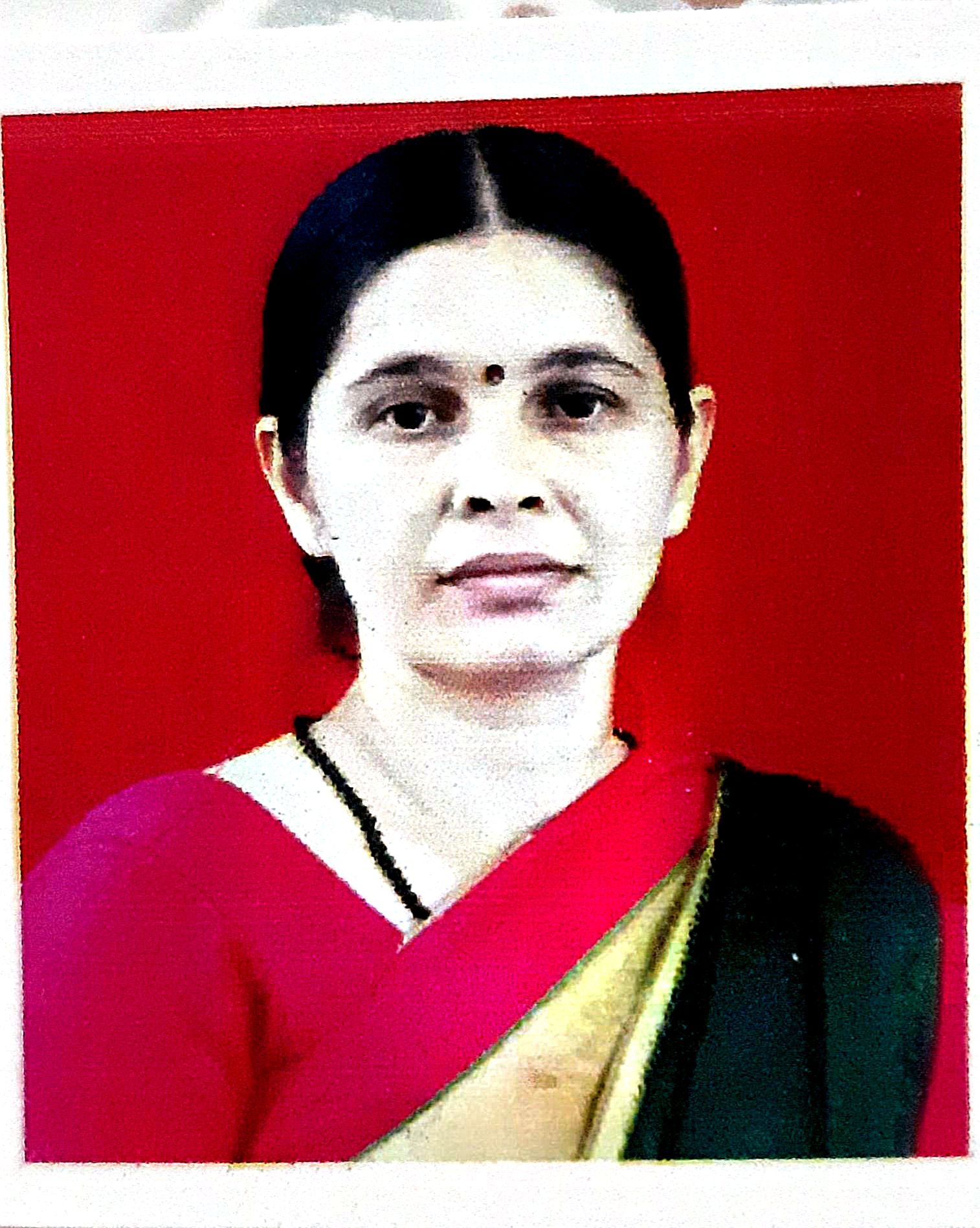Importance of the subject
The importance of Public Administration is described as following;
1.The modern state is described as ' The Administrative state'.
2. Public Administration plays key role in fulfilling the dream of welfare and democratic state.
3.To know the values of corporate sector.
4. Efficiency, Economy & Effectiveness (3E) are importan for transparent administration.
5. It maintains Low & Order .
6. it is an instrument to formulate and implemplment public policies.
7.it is an instrument it off social change and economic development.
8. It is also promotes national integration .9. It provides various good services to the people 10. To imbibe & inculcate of corporate sector etc...
9.It also Promtes national integration.
Scope of Public Administration:
The Public Administration have wide scope in following views;
1.Integral View
2.Managerial View
3.Broader & Narrow View
4.POSDCARB View
5.Subject-Matter View
DEPARTMENT OF PUBLIC
ADMINISTRATION (UG)
Program Outcome ( POs,)
PUBLIC ADMINISTRATION
This program aims to provide the students an understanding
of the various concept
of Public Administration as well as the Administrative system of India, their
impact and relationship with man. The student should be able to understand,
analyze and explain the different impacts of the how man is influenced by the
administration. B.A. in Public administration will be able to .
POs 1. Demonstrate
an understanding of the basic concepts, nature and scope, principles,
approaches and theories in the selected administrative
fields in Public Administration.
POs 3. Establish
an understanding of the pattern of administrative development through the
ages so as to have better perception of both present and
future outcomes in administration.
POs 4. Understand
the working and functions of various organizations under the
Government Administration
in India.
POs 5. Exhibit
the knowledge of Administration at the Centre, State and Local levels in
India and
be able to differentiate between administration difference between rural
and urban areas.
POs 6. Develop
academic, entrepreneurial and material aptitude with professional ethics for
employment in public and private sectors.
POs 7. Appreciate
the methodological pluralism and synthesizing nature of knowledge in
Public Administration;
Program Specific Outcome ( PSOs,)
The
programme specific outcomes of the Three Year ( Six Semesters) B.A. Public
Administration
programme are as under:
PSO
- 1. Students would be
able to know about the research and development opportunitiesin the field of
Administration / policy/ governance studies.
PSO
- 2. Students would be
able to analyze the effectiveness of governmental policies and
programmes.
PSO
- 3. Students would be
familiar with the issues of human rights, disaster management,
governance
reforms, information communication technology and public
administration
etc.
PSO
- 4. Students would gain
confidence while dealing with administrative officials and
political
leaders.
PSO
- 5. Students would be
able to develop their research aptitude and orientation.
PSO
- 6. Students would be
able to learn about the research papers writing and presenting
inseminars/conferences.
PSO
-7. Students would be acquainted with the
statistics tools involved in the research
methodology
etc.
Course Outcome ( COs)
Semester I
Paper I: Principles & Concepts
of Public Administration
At the completion of the B.A.Degree course, student will be able
to,
CO1. Explain the Meaning, Nature & Scope of Public
Administration.
CO2. Differentiate between Public and Private
Administration.
CO3. Explain the Meaning & forms of Organisation.
CO4. Describe the different Principles of Organisation.
CO5. Students have understood the Concepts of Public
Administration.
Paper II: Public Administration in
India
At the completion of the B.A.Degree course, student will be able,
CO1. To understand the historical evolution & current
global scenario of Indian Administration
CO2. To describe the constitutional framework in which an
individual & the state works.
CO3. To discern and analyse the connects / disconnects
between structure, procedure & functions
Of government
institutions.
CO4. To understand the form & substance of Indian
Administration
CO5. To acquaint with the changing as well transformative
role of Indian Administration
Semester II
Paper III: Maharashtra
Administration
At the completion of the B.A.Degree course, student will be able to,
CO1. Discuss the formation of Maharashtra State and Its
administrative features.
CO2. Describe the structure and functions of the state
Executive.
CO3. Discuss the structure and functions of the state
legislature.
CO4. Understand the structure and functions of the state
judiciary.
CO5. Identify the relevance of Constitutional and Statutory
bodies at the state level such as MPSC,
MEC, MFC etc.
Paper IV: District Administration
At the completion of theB.A.Degree course, student will be able
to,
CO1. To understand the evolution & importance of
District Administration.
CO2. To understand the changing role of district collector.
CO3. To identify the various aspects of the concept Law
& Order.
CO4. To comprehend the functioning of revenue
administration.
CO5. To comprehend the functioning and issues of police
administration
Semester III
Paper V: Personnel Administration
At the completion of the B.A.Degree course, student will be able to,
CO1. To become familiar with the personnel administration
i.e. public service in India.
CO2. To identify the role of personnel training institutions
such as YASHDA, MPA & LBSNAA.
CO3. To become familiar with the personnel grievance redressal
mechanism in India
CO4. To comprehend with the problems of personnel
administration in India
CO5. To understand the relevance of administrative tribunal
mechanism in India.
Paper VI: Panchayati Raj &
Rural Development
At the completion of the B.A.Degree course, student will be able
to,
CO1. To Understand the basic concept of Local Self
Government in India
CO2. To Understand the PanchayatRaj System in Maharashtra.
CO3. To Understand the Composition and Function of state
Rural Development Ministry.
CO4. To acquaint the concept and Programme of Rural
Development.
CO5.
To describe the Problems of Rural area.
Semester IV
Paper VII: Financial
Administration
At the completion of the B.A.Degree course, student will be able
to,
CO1. To understand the basics of financial administration
and importance of the financeministry.
CO2. To comprehend with the process & importance of
budget.
CO3. To describe the major accounts and audit mechanism in
India.
CO4. To explain the methods and importance of parliamentary
control over financial administration
In a
democratic country.
CO5. To make familiar to students the concept of
Liberalization, Privatization & Globalization.
Paper VIII: Urban Local Self
Government & Urban Development
At the completion of the B.A.Degree course, student will be able
to,
CO1. To Understand the Basic concept of urban local self
Government in India.
CO2..To Understand the Urban local self Government system in
Maharashtra.
CO3. To acquaint the Urban Development Agencies in
Maharashtra.
CO4. To describe the problems of Urban area.
CO5. To Identify the Major Urban Development Programmes.
Semester V
Paper IX: Human Resource
Development
At the completion of the B.A.Degree course,
student will be able to,
CO1. Explain the nature, scope, structure & processes of
human resource development.
CO2. Understand the changing paradigms of human Resources development.
CO3. Unravel the varying methods of performance assessment
of public institutions.
CO4. Appreciate the changing paradigms of human resource development
CO5. Identify the systems and processes of financial and
material resource development
Paper X: Educational
Administration in India
At the completion of theB.A.Degree course Student will be able
to,
CO1. Discuss the objectives and importance of Education
CO2. Describe the historical background of Education in the
light of various Committee’s
recommendations and government policies.
CO3. Identify the role of Quality Control Institutions, such
as NAAC and AICTE, in HigherEducation.
CO4. Describe the structure, relevance and the present
Scenario of Higher Education in India.
CO5. Analyse the impact of Globalization on Higher Education
in India.
Paper XI : Administrative Thinkers
At the completion of the B.A.Degree course, student will be able
to,
CO1. Discuss the concept of Scientific Management by F. W.
Taylor.
CO2. Write down Max Weber’s Ideal Model of Bureaucracy.
CO3. Explain the elements and Principles of Management.
CO4. Understand Mary Follet’s ideas of Authority, conflict
and integration.
CO5. Describe Elton Mayo’s Hawthorn Experiment.
CO6. Examine the Behavioural approach and Decision-Making
approach by H. Simon.
CO7. Write down the Ecological approach and the concept of
Prismatic Society by F. W. Riggs.
Semester VI
Paper XIII: Public Policy
At the completion of the B.A.Degree course, student will be able
to,
CO1. Explain the concept of Public Policy.
CO2. Discuss the role of internal determinants in the
formulation of Public Policy.
CO3. Discuss the role of Executive and Bureaucracy in the
implementation of Public Policy.
CO4. Explain the concept of Development.

